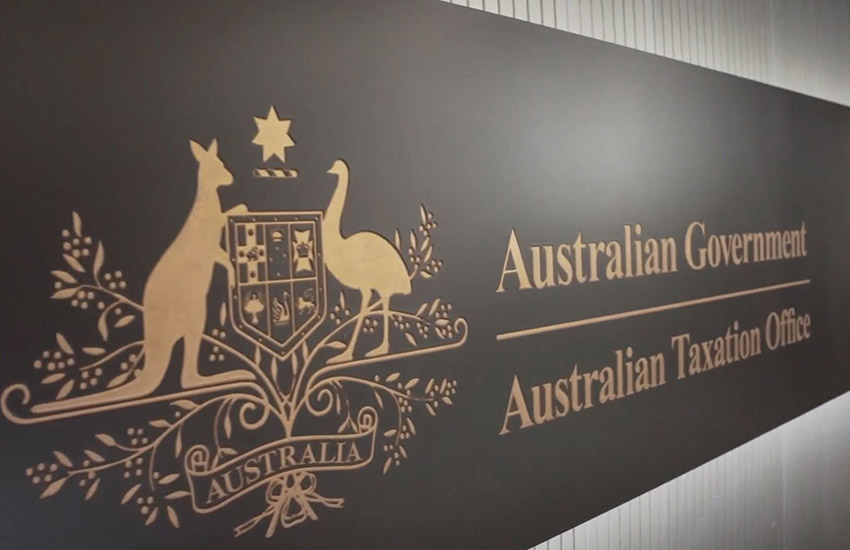The ATO on Wednesday released its draft legal professional privilege (LPP) protocol, setting out its recommended approach to identifying communications covered by LPP, and the level of detail required in explaining claims.
The Tax Office states that following the protocol is voluntary but also notes that those who do not follow the recommended approach should expect further inquiries to determine if the LPP claims are acceptable.
You’re out of free articles for this month
Under the draft protocol, taxpayers will be required to provide details on the legal issue being advised on, the dominant purpose for which the communication was made, along with other particulars of people who received the document or communication.
Taxpayers will also have to identify whether they have received advice from legal practitioners, in-house counsel, or non-legal persons or by legal practitioners not acting in the capacity of legal practitioners, with different assessments required for each category.
The recommended approach comes as the ATO looks to crack down on the misuse of LPP, with Commissioner of Taxation Chris Jordan warning in 2019 that he intended to take a tougher stance after noticing lawyers “claiming privilege on thousands or tens of thousands of documents”.
“Don’t misunderstand me – we’re not opposed to legal professional privilege as a concept. We want taxpayers to be able to get the right and proper legal advice,” said Mr Jordan.
“It all comes back to fairness – are you using legal professional privilege because you have a genuine need, or as a way to cheat the system?”
One arrangement that will attract the ATO’s attention is where LPP is actively promoted as a feature of tax advice, or where advice is routed through a lawyer merely for the purpose of obtaining privilege.
“This is different to where an advisory firm is merely pointing out that privilege is an ordinary feature of communications that are for the sole or dominant purpose of giving or receiving legal advice or advice for litigation,” said the ATO in its draft protocol.
The ATO will also take a dim view of legal engagements entered into after the advice was provided by non-legal persons, or where unsolicited concepts and ideas were promoted to the taxpayer prior to a legal engagement.
The release of the draft protocol also comes against the backdrop of a high-profile legal stoush between the ATO and PwC over privilege claims relating to thousands of documents in the big four firm’s work for meat production multinational JBS.
More recently, the Full Federal Court handed down its decision in a case involving Carlton & United Breweries (CUB) and the ATO, ruling in favour of the Tax Office in seeking information considered necessary to determine whether to accept or challenge CUB’s LPP claims.
The draft protocol, currently open for consultation until 31 October, will continue to be reviewed over the next three years.
Jotham Lian
AUTHOR
Jotham Lian is the editor of Accountants Daily, the leading source of breaking news, analysis and insight for Australian accounting professionals.
Before joining the team in 2017, Jotham wrote for a range of national mastheads including the Sydney Morning Herald, and Channel NewsAsia.
You can email Jotham at: This email address is being protected from spambots. You need JavaScript enabled to view it.

 Login
Login







